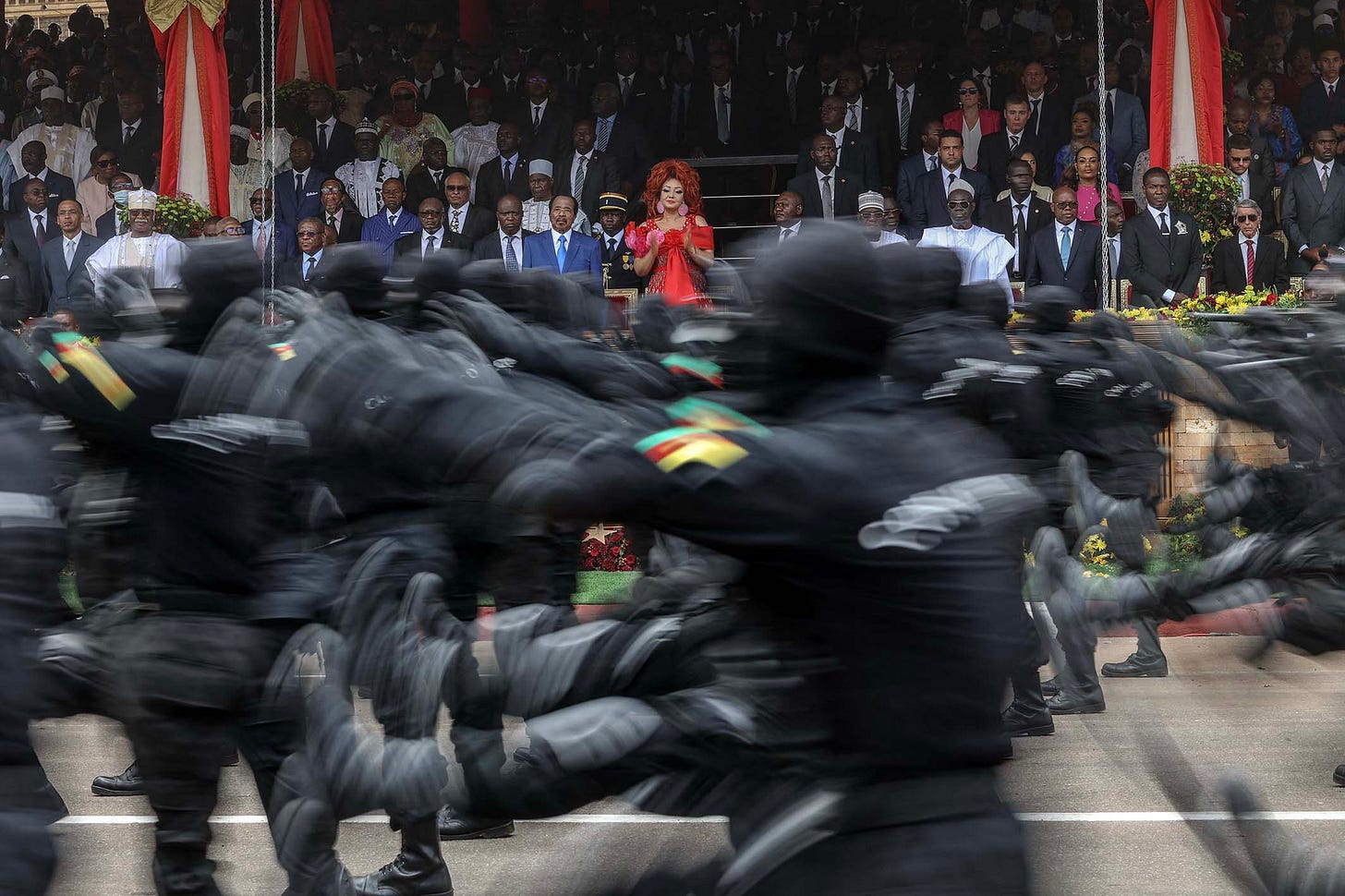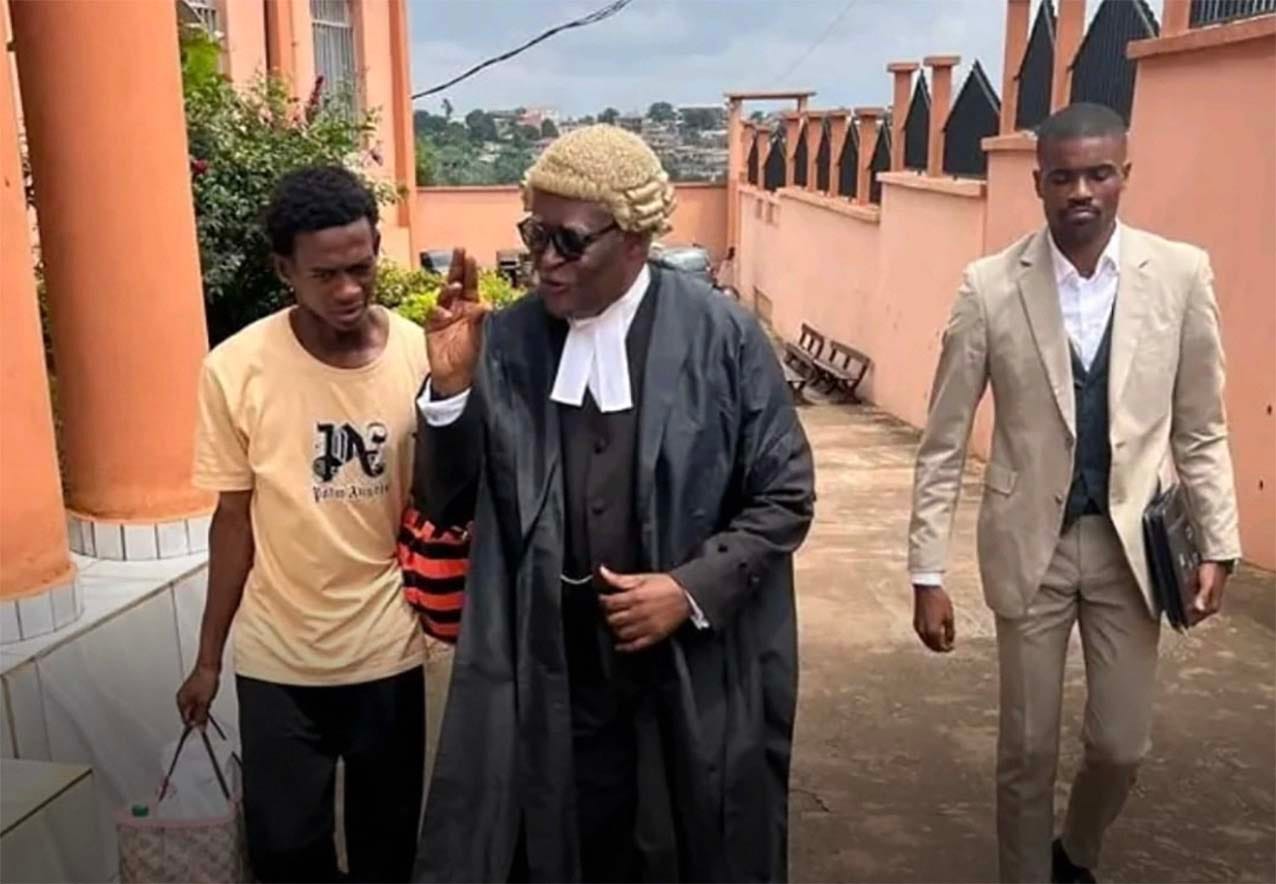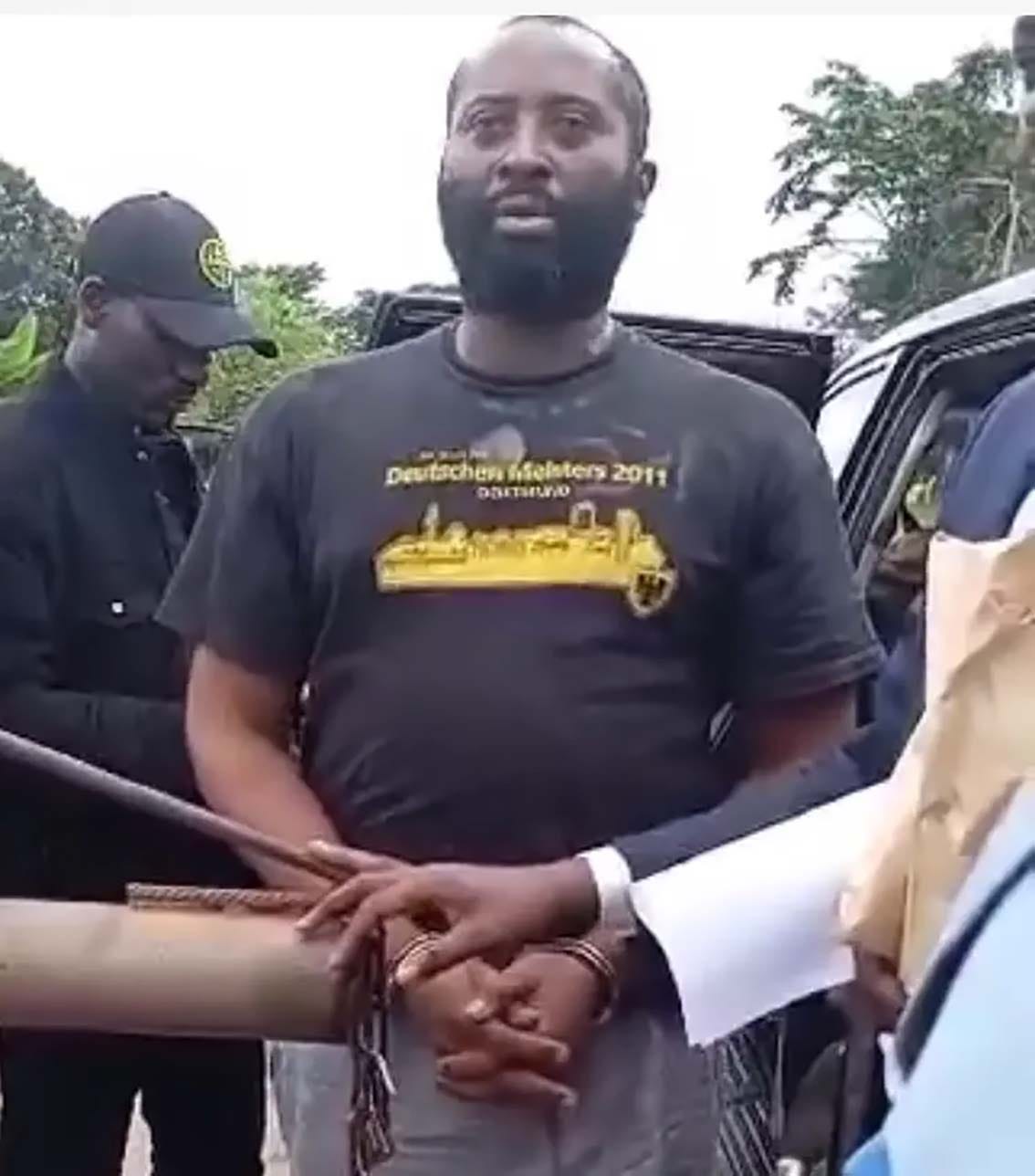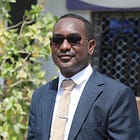Cameroon: Older leader, thinner skin
Criticism of Paul Biya is getting more intense. So is the repression.
Amindeh Blaise Atabong in Yaoundé

Amid frantic concerns over his age and mental health, 81-year-old President Joe Biden pulled out of this year’s presidential election in the United States. Similar concerns swirl around President Paul Biya in Cameroon. At 91, he is already the oldest president in the world. But he has given no indication that he will step aside any time soon.
Perhaps because of the president’s perceived frailties, the criticism is louder than ever before. It comes from disaffected youth, as well as established opposition and civil society groups.
There are also rumbles of discontent from within the ruling elite – all jostling for position in an increasingly bitter succession battle. They know Biya’s hold on power can survive anything except his own death, and that can’t be too far away.
Biya’s administration is responding with a familiar tactic: brutally cracking down on dissenting voices.
Digital disorder
The highest-profile recent example is that of 23-year-old Junior Ngombe. He is a barber by day and a digital activist by night, campaigning for democratic change and urging his 35,000 followers on TikTok to register to vote. Ngombe was outraged last month when another outspoken activist, Steve Akam – known as Ramon Cotta on TikTok – was arrested in neighbouring Gabon.
Akam had been in exile in Gabon for a decade, but he was suddenly picked up by local authorities, who delivered him to their Cameroonian counterparts at the border. This was a clear violation of extradition procedures, say rights groups.
Akam promptly disappeared, and has not been seen since.
Ngombe took to social media to denounce Akam’s arrest. “To hunt those who denounce or criticise your system of governance, and those who have opposing views, you put all your ingenuity at work to lay hands on them. Why not use this energy positively?” Ngombe asked in a TikTok video.
Shortly afterwards, Ngombe was detained by three plain-clothes intelligence officers. He was transferred to the capital Yaounde in a military vehicle, and held in the notorious Secrétariat d’Etat à la défense – a facility previously noted by Human Rights Watch for the “widespread use of torture”. A week later, he was granted bail by a military tribunal, and may still have to appear before a court – even though he has not been formally charged with anything.
“His arrest was not in conformity with the law,” said Ngombe’s lawyer, Akere Muna.
Zero tolerance
Dozens of opposition leaders, journalists, political activists, human rights defenders, and other government critics have been jailed or forced into exile in recent months, according to Ngo Mbe Maximilienne, the executive director of the Central Africa Human Rights Defenders Network. “The political and human rights situation is very preoccupying,” Maximilienne told The Continent.
Human Rights Watch offered a similar assessment. “The Cameroonian government has for years cracked down on opposition and free speech, jailing political activists, journalists, and dissidents. Ahead of elections in 2025, it has increasingly restricted freedoms of expression and association,” it said in a statement on Wednesday.
The Cameroonian government has itself warned that criticism of Biya and institutions of state will not be tolerated. “It is unacceptable for compatriots, be they political party leaders or opinion leaders, to use irreverent, insulting or even offensive language with regards to the person who is legitimately and happily presiding over the destiny of Cameroon,” said government spokesperson Rene Emmanuel Sadi last month.
To this end, the regional administration that governs Yaoundé decreed that entry to the capital will be denied to those deemed likely to offend the head of state, organise uprisings or cause serious disturbance to public order.
“It’s ideal to prevent disorder than to restore law and order,” said Emmanuel Mariel Djikdent, the senior divisional officer for Mfoundi – a Biya appointee.







